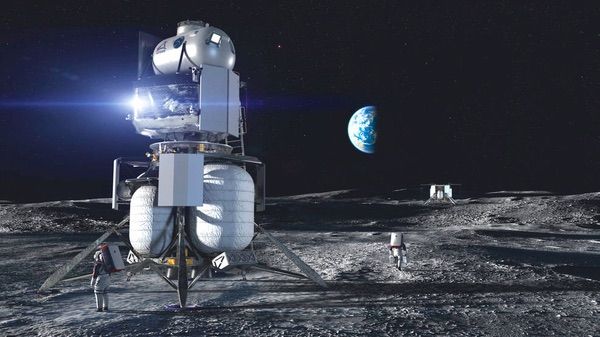It’s been a long time since there’s been anything like “regular order” in the congressional appropriations process: individual bills passed by the House and Senate, their differences resolved in conference to produce a final version that’s signed into law before the beginning of the fiscal year October 1. Instead, there are usually stopgap funding bills, called continuing resolutions, that extend for weeks or months before a massive omnibus bill, combining up to a dozen different bills, is eventually passed.
Fiscal year 2021 is not going to be the year regular order returns to the appropriations process. The pandemic took hold in the early phases of the appropriations process, just as Congress was starting its usual series of hearings on various parts of the administration’s budget proposal released in early February. Congress instead devoted its attention to series of relief packages during the limited time it was in session this spring.
With no hearings about NASA’s budget proposal by either House or Senate appropriators, the first sign of their views about the agency’s budget had to wait until a few weeks ago. On July 7, the House Appropriations Committee released its draft of the commerce, justice, and science (CJS) spending bill that includes NASA. That bill provides $22.6 billion for NASA, the same amount the agency received in 2020. The White House, by comparison, asked for $25.2 billion for NASA.
